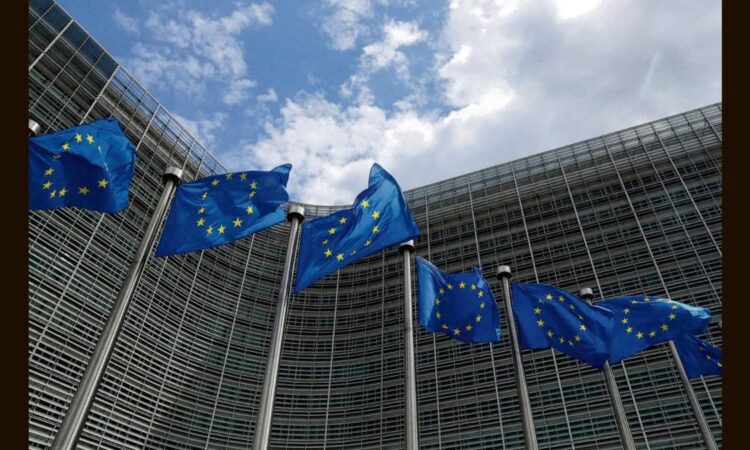
India has sought to settle a long-standing dispute with the European Union (EU) by offering exclusive import duty concessions for certain information technology products, under the proposed bilateral free trade agreement (FTA) with the 27-country customs-cum-monetary bloc.
To address concerns on the information and communication technology
India imposes 20% import duty on mobile phones and 15% on telecom equipment.
While MFN by nomenclature may mean preferential treatment, it just means treating everyone equally in the global trade parlance. It is the basis of all world trade agreements.
“They (EU) are seeking duty concessions, which according to India can be discussed only under the free trade agreement (FTA). India can consider something under the FTA, but not on an MFN basis,” the official added.
India and the EU formally re-launched negotiations on FTA in June 2022. Since then, they have held six rounds of negotiations, which cover 23 policy areas or chapters.
The EU had challenged the Indian import duties on information technology products like mobile phones and components, base stations, integrated circuits and optical instruments in April 2019. The EU had claimed that the measures appear to be inconsistent with certain provisions of the Information Technology Agreement (ITA) of the WTO. Later, Chinese Taipei and Japan joined the dispute.
On April 17, the Dispute Settlement Body (DSB) at the WTO had ruled against India saying that tariffs are against its ITA that seeks to remove all duties on IT products.
Japan has filed its motion for the adoption of the Panel report at the DSB meeting at WTO, in response, India filed its notice of appeal.
India has not filed its motion of appeal against the EU and Chinese Taipei, and it has been agreed to settle the issue through talks.
As per the WTO process, bilateral consultation is the first step to resolve a dispute when a complaint is filed. If both sides are not able to resolve the matter through consultation, either of them can seek establishment of a dispute settlement panel.
The panel’s ruling or report can be challenged at WTO’s appellate body. The body is presently dysfunctional due to non-appointment of Appellate Body members since 2019.
As the dispute settlement system is not functional at the WTO, resolutions through negotiations are increasingly being preferred. India and the US earlier ended all their seven WTO disputes through talks.






